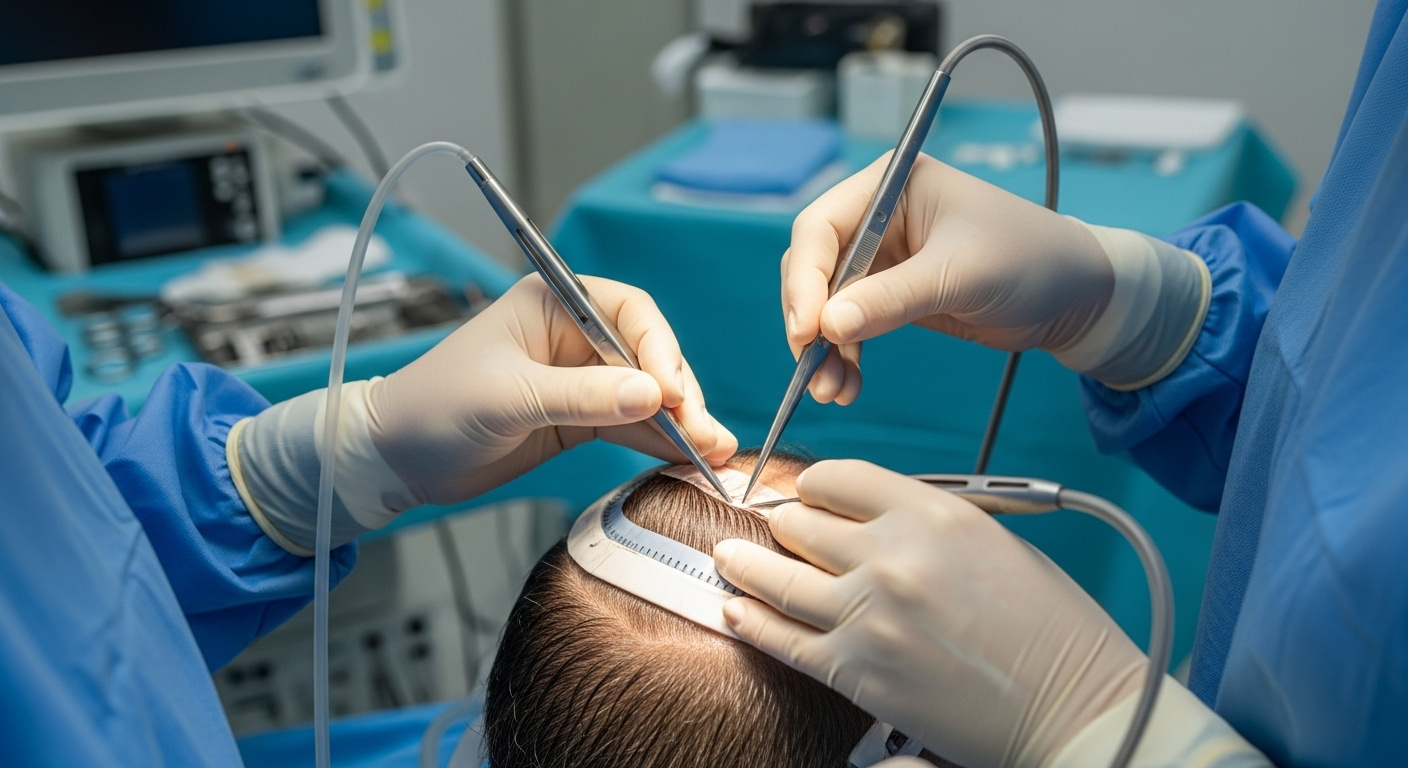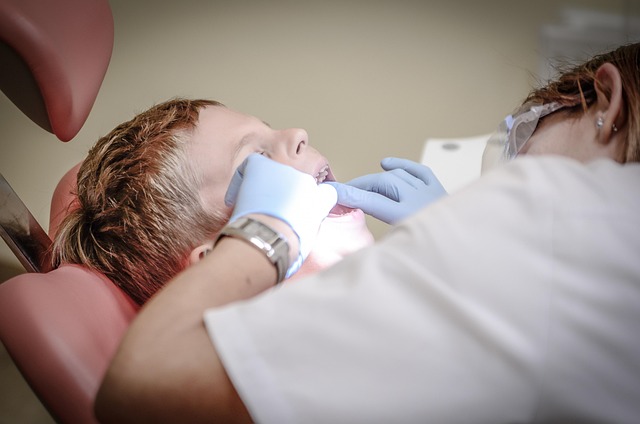Hair Transplant Costs in Ireland in 2026
Hair transplant procedures in Ireland in 2026 vary in cost depending on factors such as the number of grafts, surgical techniques, and clinic location. This overview provides information on typical price ranges and factors influencing hair transplant expenses relevant for those considering treatment within Ireland.

Typical Costs in Ireland (2026)
When considering hair transplants in Ireland, costs can vary widely based on the size and complexity of the procedure. Typical price ranges documented in 2026 are:
- Basic option: Approximately €2,000 to €4,000 - generally for small-scale procedures with fewer grafts, such as minor hairline restoration or eyebrow transplants.
- Standard option: Around €4,000 to €7,000 - suitable for moderate coverage including typical male pattern hair loss treatments involving several thousand grafts.
- Premium option: Usually €7,000 to €12,000 or more - often relates to extensive grafts, advanced surgical techniques, or procedures conducted by highly experienced surgeons in larger clinics.
These ranges are descriptive and actual costs fluctuate based on specific case details and clinic pricing structures.
Factors Influencing Hair Transplant Costs in Ireland
Number of Grafts
The number of hair grafts transplanted is one of the primary determinants of overall cost. Clinics in Ireland typically charge per graft, with an approximate unit cost around €3 to €4. Procedures for common male pattern baldness often involve 2,000 to 3,000 grafts, while larger-scale restorations may require upwards of 4,000 grafts, naturally increasing total expenses.
Surgical Techniques
Several hair transplant methods are offered across Irish clinics, with some contributing to cost variation:
-
FUE (Follicular Unit Extraction): This common technique involves extracting individual follicular units directly from the donor area. It is generally less invasive and has become widely adopted.
-
FUT (Follicular Unit Transplantation): Also known as strip harvesting, this method involves removing a strip of scalp tissue to be dissected into grafts. It usually has a different pricing model and recovery profile.
-
DHI (Direct Hair Implantation): A variation of FUE where grafts are implanted immediately after extraction, often involving more precision and time, which can increase costs.
Surgeon Experience and Clinic Facilities
Surgeons with advanced training or significant experience may charge fees reflecting their expertise. Similarly, clinics equipped with the latest technology or specialised facilities might have higher pricing structures. Ireland’s regulatory environment requires adherence to health and safety standards, which can influence operational costs compared to international options.
Additional Costs
Beyond the surgical procedure, there are other potential expenses to consider:
- Pre- and post-operative consultations
- Medications and hair care products following surgery
- Follow-up appointments and any necessary corrective procedures
- Travel and accommodation costs if the clinic is not local
These should be factored into the overall budget when planning a hair transplant.
Overview of Hair Transplant Methods Used in Ireland
Follicular Unit Extraction (FUE)
FUE is currently the most frequently used technique in Ireland due to its minimally invasive nature and relatively faster recovery period. Individual follicular units are harvested one by one, which allows for less scarring and more natural results.
Follicular Unit Transplantation (FUT)
FUT involves removing a strip of scalp from the donor area and then dissecting it into individual grafts. While it may be suitable for patients requiring a large number of grafts, this method generally leaves a linear scar and might have a longer healing time compared to FUE.
Direct Hair Implantation (DHI)
DHI is a modification of FUE where extracted hair follicles are implanted directly using specialised tools without creating recipient site incisions beforehand. This technique can allow for more precise graft placement but is more time-consuming and may be priced higher.
Comparison with International Context
Ireland’s hair transplant costs tend to be higher than some popular international medical tourism destinations. Countries like Turkey or Eastern European nations often offer procedures at lower prices due to volume and operational cost differences. However, treatments carried out in Ireland benefit from local regulatory oversight and the convenience of staying within the country.
Regulatory Environment and Safety Standards
Hair transplant clinics operating in Ireland are subject to the country’s healthcare standards and European Union regulations. These requirements aim to ensure patient safety, practitioner qualification, sterile environments, and ethical practice. Patients should verify that clinics meet these standards to ensure quality treatment.
Patient Considerations in Ireland
Prospective patients should consider the following before undergoing a hair transplant:
- The extent and pattern of hair loss
- Realistic expectations regarding outcomes
- The importance of understanding the full cost, including potential additional charges
- Clinic reputation and surgeon qualifications
- Post-surgical care requirements
It is advisable to seek thorough information from multiple sources to make informed decisions.
Conclusion
Hair transplant costs in Ireland in 2026 vary widely, influenced by factors such as graft quantity, surgical technique, surgeon expertise, and additional care expenses. The typical costs range from approximately €2,000 to over €12,000, depending on the complexity of the procedure. Understanding the different aspects involved can assist individuals in evaluating options within the Irish context.
This information is intended as a general guide and does not replace professional medical advice or consultation.




